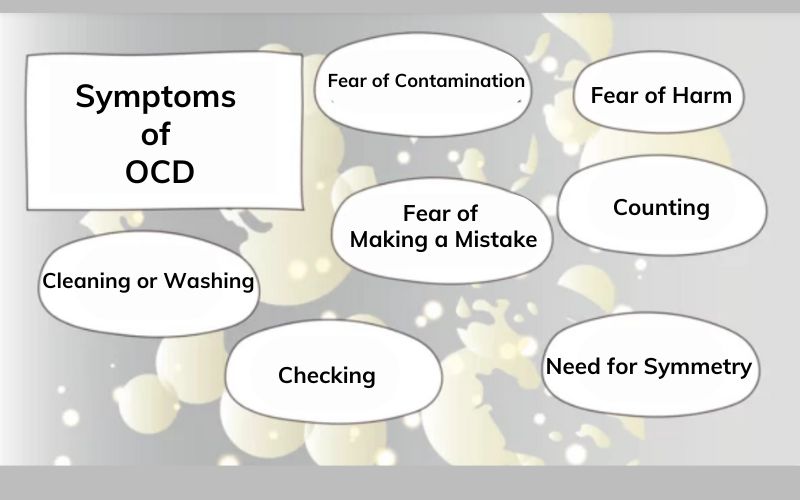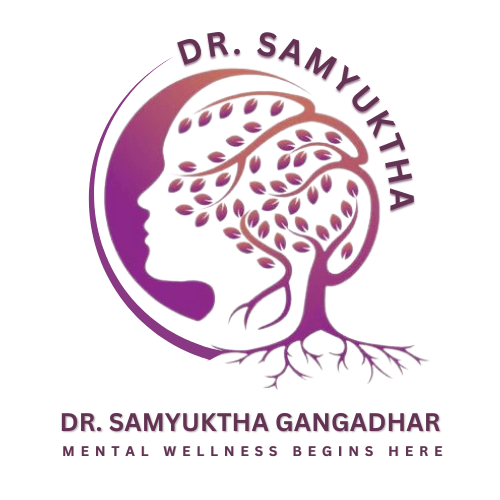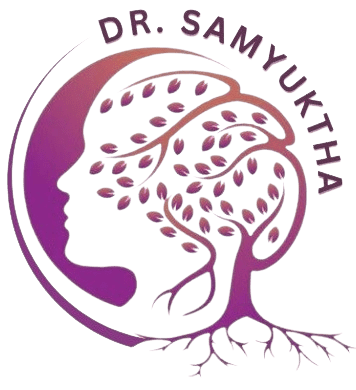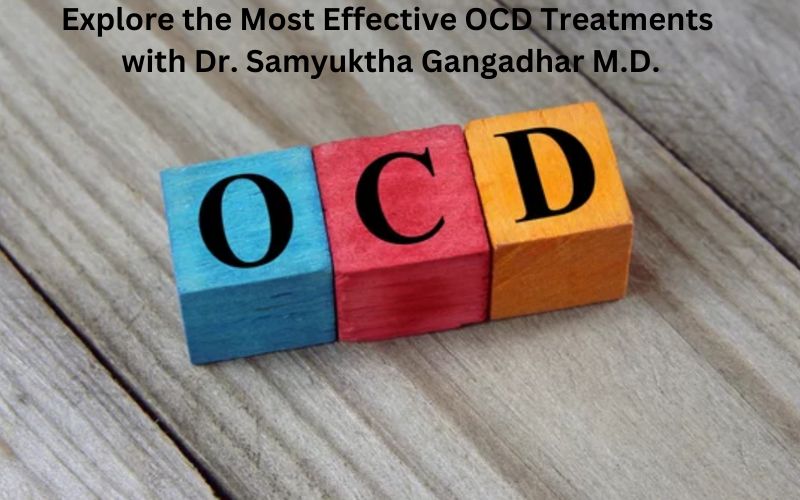Introduction
Obsessive-Compulsive Disorder (OCD) is a multifaceted mental health condition impacting millions globally. Characterized by persistent, unwanted thoughts (obsessions) and repetitive behaviors (compulsions), OCD can significantly impact daily life. Finding the most effective OCD treatment is crucial for managing symptoms and improving quality of life. In this comprehensive guide, we’ll explore the most effective OCD treatments, with insights from Dr. Samyuktha Gangadhar M.D. (Psychiatry) and information on OCD treatment options available at Pushpa Mind Care in Bangalore and Kolkata.
Understanding OCD
OCD is a mental health disorder that often begins in childhood or adolescence, although it can start at any age. People with OCD experience distressing obsessions that lead them to engage in compulsive behaviors to alleviate their anxiety. Common obsessions include fears of contamination, harm, or making a mistake, while compulsions might involve excessive cleaning, checking, or counting.
Symptoms of OCD

Recognizing the symptoms of OCD is crucial for seeking appropriate treatment. Symptoms can vary widely but generally fall into the following categories:
1. Obsessions
Obsessions are recurring and distressing thoughts, images, or urges that cause significant anxiety or discomfort. Common obsessions include:
- Fear of Contamination: Worrying about germs or dirt (American Psychiatric Association, 2013).
- Fear of Harm: Worrying about the possibility of causing harm to oneself or others.
- Fear of Making a Mistake: Anxiety over not performing tasks perfectly or making errors (Salkovskis, 1989).
- Need for Symmetry: A need for things to be arranged in a specific order or symmetry.
2. Compulsions
Compulsions are repetitive behaviors or mental acts performed to reduce the anxiety caused by obsessions or to prevent a feared event. Common compulsions include:
- Cleaning or Washing: Repeated hand washing or cleaning of objects.
- Checking: Frequently checking locks, appliances, or other items.
- Counting: Counting actions or objects in a specific way.
- Repeating: Repeating certain actions or phrases.
Causes of OCD
The exact cause of OCD is not fully understood, but several factors are believed to contribute to the development of the disorder:
1. Genetic Factors
Research indicates that OCD may have a hereditary component. Studies have shown that individuals with a family history of OCD or related disorders are at a higher risk of developing OCD themselves. Twin studies also indicate a genetic predisposition.
2. Neurobiological Factors
Brain imaging studies have identified differences in brain structure and function in individuals with OCD. Abnormalities in brain areas involved in regulating anxiety and compulsive behaviors, such as the orbitofrontal cortex and the basal ganglia, have been observed.
3. Environmental Factors
Certain environmental factors may contribute to the development of OCD, including:
- Traumatic Events: Stressful or traumatic experiences, such as abuse or significant life changes, can trigger OCD symptoms.
- Infections: Some research suggests that infections, particularly streptococcal infections, may play a role in the onset of OCD in children.
Effective Treatments for OCD
Treating OCD effectively usually involves a combination of therapy, medication, and lifestyle changes. Here’s an overview of the most effective treatment options:
1. Cognitive Behavioral Therapy (CBT)
Cognitive Behavioral Therapy (CBT) is widely regarded as one of the most effective treatments for OCD. CBT focuses on changing unhelpful thinking patterns and behaviors. A specific form of CBT known as Exposure and Response Prevention (ERP) is particularly effective for OCD.
How CBT Works:
- Exposure: The patient is gradually exposed to the sources of their anxiety.
- Response Prevention: The patient is encouraged to refrain from performing their compulsive behaviors.
2. Medication
Medications are often used alongside therapy to manage OCD symptoms. The most common types of medication include:
- Selective Serotonin Reuptake Inhibitors (SSRIs): These are often the first line of treatment. SSRIs such as fluoxetine, fluvoxamine, and sertraline help to balance serotonin levels in the brain, which can reduce anxiety and compulsive behaviors.
- Serotonin-Norepinephrine Reuptake Inhibitors (SNRIs): Venlafaxine is an example of an SNRI used to treat OCD.
3. Acceptance and Commitment Therapy (ACT)
Acceptance and Commitment Therapy (ACT) is another therapeutic approach used to treat OCD. ACT focuses on accepting thoughts and feelings rather than trying to control or avoid them. It helps patients commit to values-driven actions despite the presence of distressing thoughts.
How ACT Helps:
- Encourages patients to live in accordance with their values.
- Uses mindfulness techniques to help manage distressing thoughts.
4. Supportive Therapies

- Family Therapy: Involving family members in therapy can provide additional support and help address any family dynamics that may contribute to the patient’s condition.
- Group Therapy: Group therapy provides a support network of individuals with similar experiences, which can help reduce feelings of isolation and offer additional coping strategies
About Dr. Samyuktha Gangadhar M.D. (Psychiatry)
Dr. Samyuktha Gangadhar M.D. is a renowned psychiatrist specializing in OCD treatment. With extensive experience in Cognitive Behavioral Therapy (CBT), Exposure and Response Prevention (ERP), and Acceptance and Commitment Therapy (ACT), Dr. Gangadhar offers evidence-based and compassionate care for OCD and related mental health conditions. Affiliated with Pushpa Mind Care in Bangalore and Kolkata, she provides personalized treatment plans tailored to individual needs, ensuring high-quality care for effective OCD management.
Treatment Options in Bangalore and Kolkata
For individuals seeking OCD treatment in Bangalore and Kolkata, Pushpa Mind Care provides a comprehensive range of services, including:
- Expert Consultations: Dr. Samyuktha Gangadhar M.D. offers personalized assessments and treatment plans.
- Therapeutic Interventions: Various therapeutic options such as CBT, ERP, and ACT are available.
- Medication Management: Professional management of medications to optimize treatment outcomes.
Conclusion
OCD is challenging, but effective treatments like Cognitive Behavioral Therapy (CBT), especially Exposure and Response Prevention, along with medications, can greatly improve quality of life. Dr. Samyuktha Gangadhar M.D. offers personalized OCD treatment plans to meet individual needs.
In Bangalore and Kolkata, Pushpa Mind Care provides comprehensive OCD treatment options to support your journey toward better mental health. Reach out for a consultation to explore the most effective OCD treatment strategies.
FAQs
While there is no guaranteed natural cure, lifestyle changes like mindfulness and stress management can help. For a comprehensive OCD treatment, consult Dr. Samyuktha Gangadhar M.D. at Pushpa Mind Care, who combines natural approaches with proven therapies for the best results.
Yes, many people lead normal lives with proper treatment. At Pushpa Mind Care, Dr. Samyuktha Gangadhar M.D. offers effective OCD treatments to help you manage symptoms and improve your quality of life.
The most effective OCD treatment combines Cognitive Behavioral Therapy (CBT), especially Exposure and Response Prevention (ERP), and medications. Dr. Samyuktha Gangadhar M.D. at Pushpa Mind Care provides a tailored approach for optimal results.
OCD is typically a long-term condition, but with effective treatment from Pushpa Mind Care and Dr. Samyuktha Gangadhar M.D., you can manage symptoms and lead a fulfilling life.


